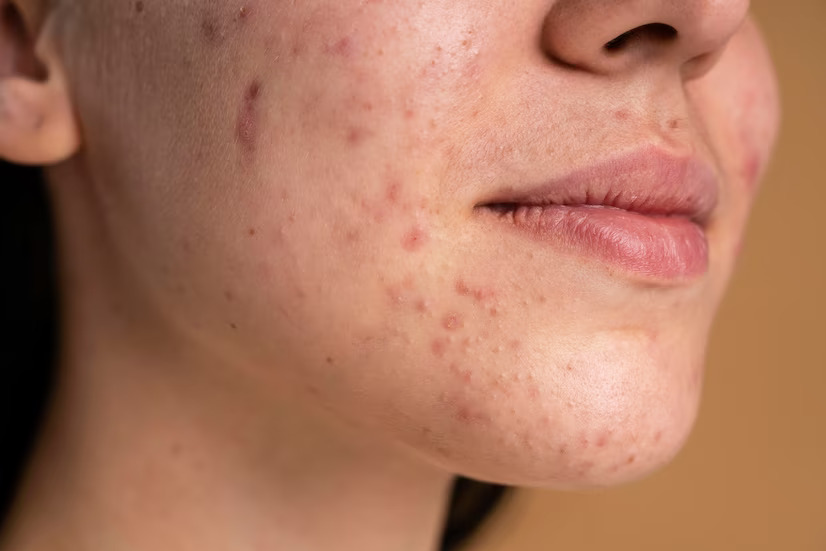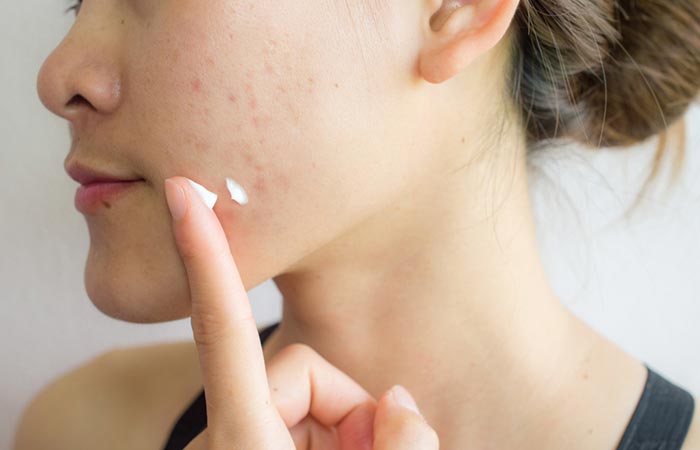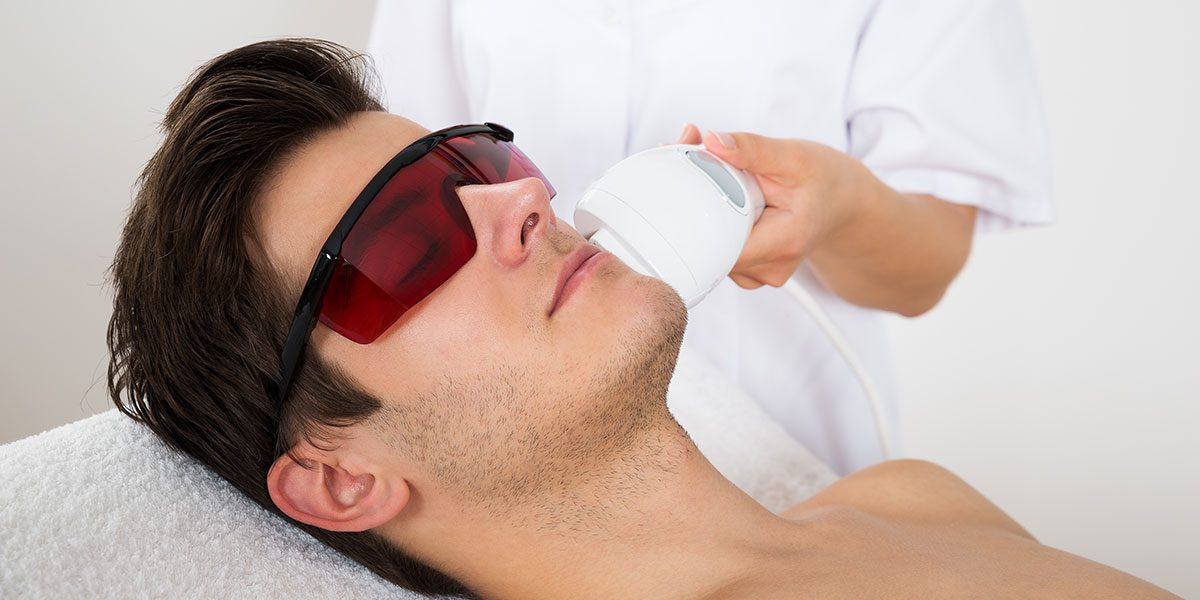- About Us
- Treatments
Skin Treatments
MenuMenuHair Treatments
MenuBody Treatments
Menu - Procedures
Aesthetics
MenuCosmetic Surgery
Menu - Training
- Products
- Gallery
- Contact Us
Acne is a prevalent skin concern that can affect individuals at different stages of life, particularly teenagers and young adults. It occurs due to the inflammation and blockage of pilosebaceous units (hair follicles and sebaceous glands) by dirt, excess sebum, dead skin cells, and bacteria, leading to the formation of pimples and zits.
While acne is not life-threatening, severe forms can be painful and cause emotional distress, impacting self-esteem and confidence. It manifests as non-inflammatory lesions (comedones) or inflammatory lesions (papules, pustules, nodules, and cysts), with the latter potentially resulting in permanent physical scarring. Acne vulgaris is the most common type, typically affecting the face, neck, chest, shoulders, and upper back, though it can also appear on other body parts.
At Dr. Samatha Clinic in Hyderabad, Dr. Samatha specializes in providing effective Acne Treatment, ensuring patients achieve smooth, blemish-free skin.

Acne arises from the skin’s natural oils (sebum) secreted by the sebaceous glands just beneath the skin’s surface. Excessive sebum and dead skin cells combine, clogging the pores and causing skin blemishes.
In some cases, bacteria like Propionibacterium acnes (P. acnes) found on the skin’s surface can flourish in the blocked pores, leading to inflammation and redness, contributing to the development of pimples.
Several factors increase the risk of developing acne, including:
Acne can present in various forms:


Book An Appointment